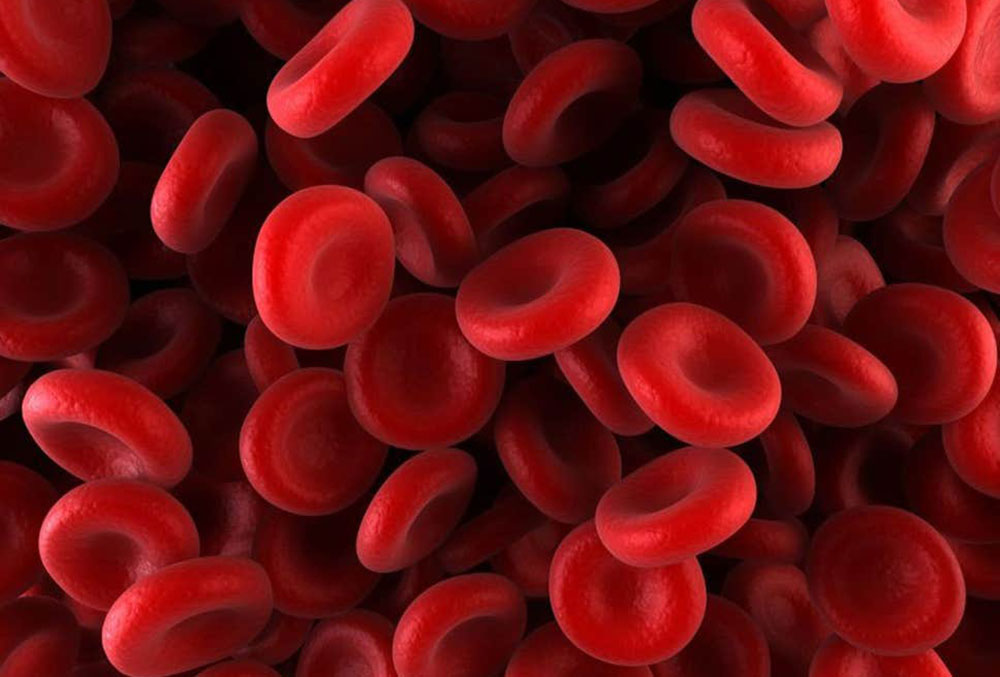Caring for Patients with Hematologic Diseases and Blood Cancers
At Comprehensive Cancer Centers, our team of hematologists treat many types of serious disorders of the blood, bone marrow, lymph nodes and the immune system. Patients with disorders of the blood, and related tissues, require an accurate diagnosis for effective care. The following outlines how Comprehensive diagnosis and treats blood cancers and disorders, as well as a thorough list of blood disorders that require attention and treatment.
Diagnosis and Treatment
Blood abnormalities often represent disorders of other organs in the body and symptoms are sometimes vague and nonspecific. Diagnosis primarily involves studying the blood and blood components and possibly the bone marrow through laboratory testing. Laboratory testing is a key component of detection, diagnosis and treatment of blood disorders.
Most patients at Comprehensive Cancer Centers have blood drawn and on-site laboratory work done immediately before a visit with their hematologist. Laboratories provide rapid turnaround for many tests including CBC, platelet count, clotting tests and chemistry tests. This allows our hematologists to fully evaluate and prescribe treatment for the patient as quickly as possible.
Comprehensive is committed to working with patients to develop effective, individualized treatment plans, and offers a comprehensive array of treatment technologies, clinical trials and support services to help patients overcome disorders of the blood or cancer.
Our hematologists treat many different types of blood disorders, including rare and unusual disorders of the blood, the bone marrow or the blood vessels. Treatment may be recommended and provided for the following blood-related disorders.
Anemia
- Iron Deficiency
- Vitamin B-12 Deficiency
- Red Cell Destruction
- Hemolytic Anemia
Hereditary Disorders of Hemoglobin
- Sickle Cell Disease
- Thalassemia
- Bone Marrow Failure
- Myelodysplasia
- Aplastic Anemia
Bleeding Disorders
- von Willebrand Disease
- Hemophilia
- Platelet Disorders
- Thrombocytopenia
- Platelet Dysfunction
Blood Clotting Disorders
- Deep Venous Thrombosis
- Pulmonary Embolism
- Anti-phospholipid Antibody Syndrome
- Hypercoagulable States
Myeloproliferative Disorders
- Myelofibrosis
- Polycythemia Vera
- Essential Thrombocythemia
Leukemia
- Acute Lymphocytic Leukemia (ALL)
- Acute Myelocytic Leukemia (AML)
- Chronic Lymphocytic Leukemia (CLL)
- Chronic Myelocytic Leukemia (CML)
Lymphoma
- Hodgkin’s Disease
- Non-Hodgkin’s Lymphoma
White Blood Cell Disorders
- Increased or Decreased White Blood Cells
Plasma Cell Disorders
- Multiple Myeloma
- Monoclonal Gammopathy of Undetermined Significance (MGUS)
- Waldenström’s macroglobulinemia
- Amyloidosis
Immune Disorders
- Gammaglobulin Deficiency
- Immune Damage of Blood and other Cells
- Neuroimmune Diseases
Clinical Research Studies
In addition to standard treatments for blood disorders, Comprehensive Cancer has developed one of the largest Phase I clinical research programs in Nevada, with extensive research programs for cancers and blood disorders. We also offer a vast amount of Phase II and Phase III trials giving patients access to more than 170 trials each year. All of the research is done locally in Nevada, with groundbreaking treatments close to home, some of which not available anywhere else in the world. Comprehensive partners with institutions, such as The US Oncology Network, UCLA TRIO-US, and leading pharmaceutical companies, to bring options here to Southern Nevada.
Comprehensive Cancer Centers Can Help
The physicians at Comprehensive Cancer Centers provide a variety of treatment options for blood cancer and other serious blood disorders. Clinical research studies may also be an option for some patients. To schedule an appointment with the team at Comprehensive, please call 702-952-3350.
The content is this post is not intended to be a substitute for professional medical advice, diagnosis or treatment. Always seek the advice of qualified health providers with questions you may have regarding medical conditions.



